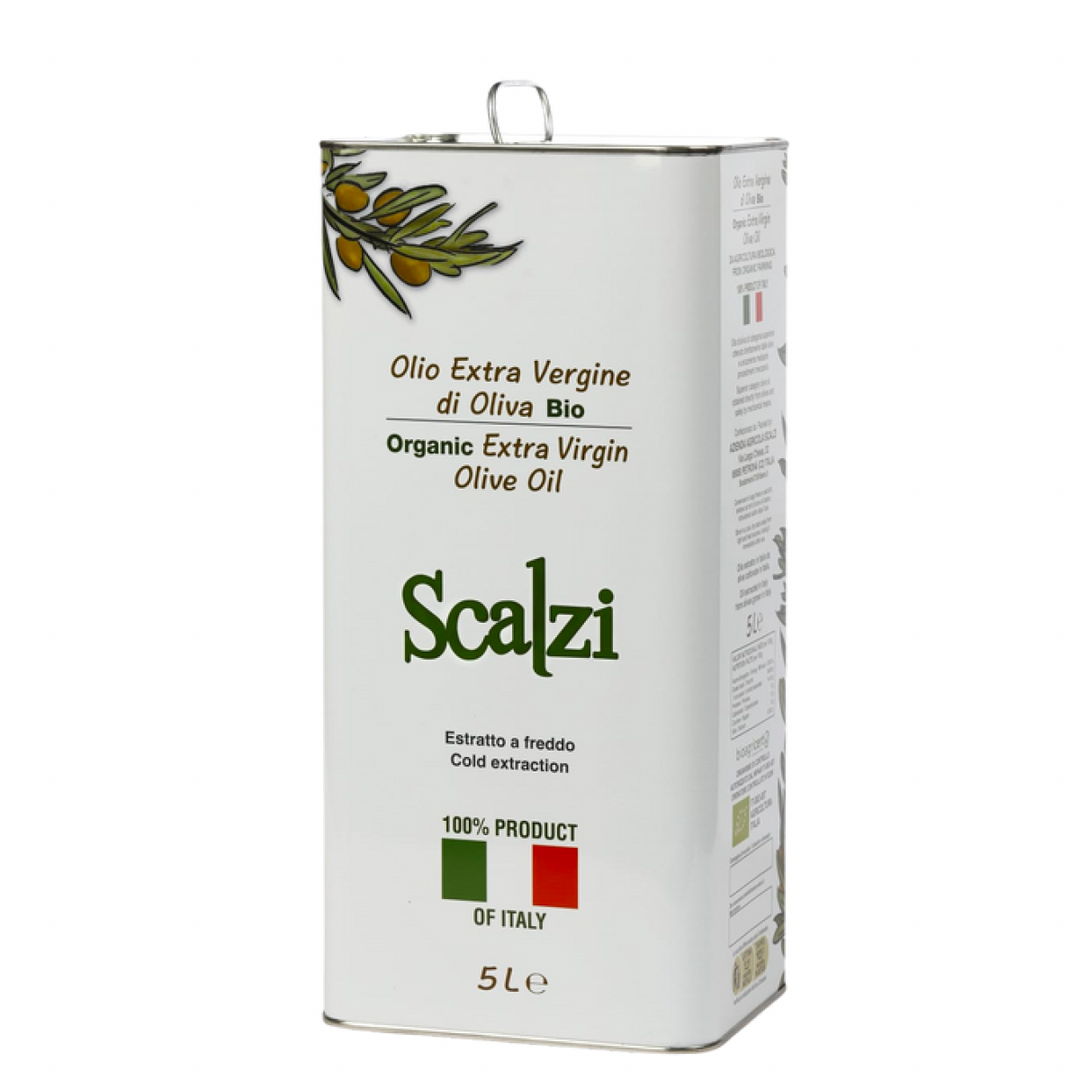Benefits of Licorice
Licorice is one of those flavors that you either love or hate, without half measures. But beyond personal preferences, this extraordinary food hides beneficial properties that make it a real panacea for the body and mind.
But where does this plant with such a distinctive flavor come from? Licorice is obtained from the root of a perennial plant called Glycyrrhiza glabra , known and appreciated since ancient times for its medicinal properties. The ancient Egyptians used it in their herbal remedies, and even Hippocrates, the father of medicine, spoke of it as a panacea for various ailments. But what makes licorice so special? Let's find out together.
1. A natural ally against stress
Not everyone knows that licorice can help fight stress. This root contains a substance called glycyrrhizin, which acts as a powerful adaptogen, a substance that helps the body respond better to physical and mental stress. In practice, glycyrrhizin helps regulate the levels of cortisol, the stress hormone, allowing you to better face daily challenges without feeling overwhelmed.
2. Digestion and intestinal well-being
Licorice is famous for its digestive properties. It is no coincidence that it is often recommended after meals! In fact, it helps reduce the symptoms of heartburn, thanks to its ability to stimulate the production of mucus, which protects the stomach walls from the action of gastric acids. Furthermore, it is known for its anti-inflammatory and soothing properties, useful in cases of gastric ulcers or intestinal inflammation.
3. Cough and sore throat? Licorice is here for you
If you are one of those who struggle with a sore throat every winter, licorice could become your best friend. Thanks to its emollient properties, licorice root helps soothe throat irritation and relieve cough. In fact, many herbal teas and cough syrups contain licorice extract for this very reason.
4. Blood pressure: be careful!
While licorice offers numerous benefits, it is important to consume it in moderation, especially if you suffer from hypertension. Glycyrrhizin, in fact, can cause an increase in blood pressure if consumed in large quantities. For this reason, those who suffer from hypertension should limit its consumption or opt for deglycyrrhized licorice, which has a very low content of this substance.
5. Stronger immune defenses
Licorice is not only good for digestion and stress, but it is also a great support for the immune system. Some studies have shown that glycyrrhizin has antiviral and antibacterial properties, helping the body to better defend itself from viruses and infections. In addition, licorice can stimulate the production of interferon, a protein that plays a crucial role in the immune response.
6. A natural aid against cramps
If you suffer from muscle cramps, licorice could be a natural remedy to try. Thanks to its muscle relaxant effect, this root can help reduce muscle tension and prevent cramps, especially those at night. A true ally for those who practice sports or for those who simply tend to have contracted muscles.
To conclude...
Licorice, with its unmistakable flavor and countless beneficial properties, is much more than just a sweet root. It is a natural remedy that can bring significant benefits to our well-being, from reducing stress to protecting the stomach, through supporting the immune defenses.
However, as with everything, balance is key. Consuming licorice in moderation will allow you to enjoy all its benefits without incurring unwanted effects, such as increased blood pressure.
So, next time you enjoy a piece of licorice, remember that you are not only satisfying your taste buds, but you are also doing your body a favor. Good health and happy tasting!


 Grains
Grains
 Pods
Pods
 Capsules
Capsules
 Ground
Ground
 Ginseng
Ginseng
 Chocolate
Chocolate
 Barley
Barley
 Other drinks
Other drinks
 Mugs
Mugs
 Glasses
Glasses
 Sweeteners
Sweeteners
 Hot drinks kit
Hot drinks kit
 Maintenance products
Maintenance products
 Filters
Filters
 Punch
Punch
 Water dispensers
Water dispensers
 Soluble
Soluble
 Milk frother
Milk frother
 Cup warmer
Cup warmer
 Subscriptions and rentals
Subscriptions and rentals
 Fruit
Fruit
 Licorice
Licorice
 Sweet
Sweet
 Savory
Savory
 Preserves
Preserves
 Pastry
Pastry
 Liqueurs
Liqueurs
 Plant-based drinks
Plant-based drinks
 Extra virgin olive oil
Extra virgin olive oil
 Candles
Candles
 All Laundry Products
All Laundry Products
 Essential oils and Diffusers
Essential oils and Diffusers
 Room Fresheners and Scented Cards
Room Fresheners and Scented Cards
 Scented Spray for Fabrics and Room Cleaning
Scented Spray for Fabrics and Room Cleaning
 Other Products
Other Products






Leave a comment